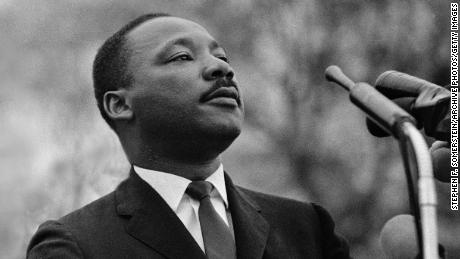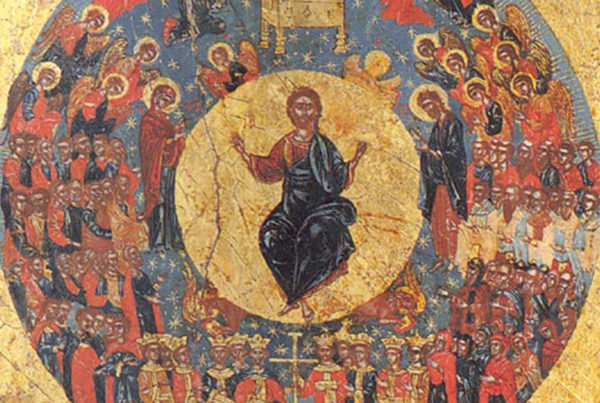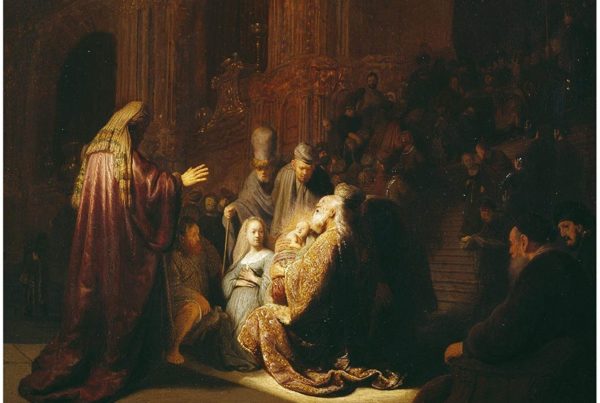A line from the great American poet Mary Oliver provokes and haunts me, almost on the daily:
Tell me, what is it you plan to do
with your one wild and precious life? (from “The Summer Day”)
The line challenges me, in part, because it forces me to stop looking over the head of the present moment to some “tomorrow” that will be more of whatever it is I am looking for. This moment, Mary seems to be saying, contains all moments. And your life–now, this one, as it is–is calling you to engage it with all your love and energy. As she says in another of her famous poems: “Whoever you are, no matter how lonely, / the world offers itself to your imagination, / calls to you like the wild geese, harsh and exciting— / over and over announcing your place / in the family of things” (from “Wild Geese”).
Why is it, I wonder, that many Christians struggle with such a life-affirming posture? There are, I think, many reasons, not least the fear that if we fall in love over-much with the present life, we will either lose our passion for the life to come, or tip over into sinful excess, or both.
We find a perhaps surprising ally in thinking about these things in John Calvin. In a section of The Institutes where the great reformer is wrestling with the proper use of the blessings of the present life (Book 3, chapter 10), Calvin remarks that many, desiring to curb the desires and excesses of the flesh, place a well-intended but–in his opinion–fundamentally misguided rule on folks: namely, that we may only use the present life such as it is necessary for the maintenance of our lives.
That is to say, the bare minimum is the only safe place to carry out the life of holiness. What is the proper amount of food to eat? Only what is necessary to survive–not too much, and not too tasty. And drink? Once again, only what is necessary–not too much, not too tasty, and above all, not certain kinds of drink. And what about clothing? Yet again–only what is necessary; simple and austere is best.
Good-hearted as the rule may be, Calvin thinks it is missing something crucial–namely, the manifold purposes of God that inhere in every created thing. When considering what use we ought to make of the present life, Calvin instructs us, we ought to consider not just one but the many ends for which things were made.
A dazzling section commences, in which Calvin remarks that the created order was given not only for our necessity “but also for our enjoyment.” Food, for instance, seems to be made not just to satisfy the needs of the body– certainly that, but even more, we notice that is often beautiful, and delicious. God, it seems, intended it so. The discerning heart will inquire why. Why make it this way? It didn’t have to be the way it is, and yet it is. What is God saying in that?
And the materials given in the created order which we use to make clothing, to take another example, are not simply functional–useful for covering our nakedness and keeping us warm–but they also delight the eyes as they complement the bodies of those they adorn with honor and many-splendored beauty. And why? Why should it be so?
The examples continue, and Calvin remarks, “Has he not given many things a value without having a necessary use?” We do not, in other words, exhaust the created purpose of things when we figure out how they may be “useful” to us. There is more to the Creation than mere utility. There is beauty. There is excess. There is grace. And it–the created order–is given, so it seems, not just for our necessity but also for our delight, our pleasure, our enjoyment. And Calvin wants us to know: we reject the Creator when we reject the fullness of the gifts he gives. By contrast: we do honor to the Creator when we savor and celebrate the richness of the present life.
Which brings up a crucial dimension of Calvin’s understanding of the use we are to make of Creation. In extolling it’s goodness and admonishing us to cherish it for all its worth, he anticipates a concern. What then is to restrain us from excess? Surely the advice to savor and celebrate will lead to all manner of sinful indulgence, won’t it?
And here, right here, his robustly relational theology comes through. He remarks that the restraint we are looking for “is imposed when we hold that the object of creating all things was to teach us to know their Author, and to feel grateful” for what he has given. “Where,” he asks, “is the gratitude…
…if you so gorge or stupefy yourself with feasting and wine as to be unfit for offices of piety, or the duties of your calling? Where the recognition of God, if the flesh, boiling forth in lust through excessive indulgences, infects the mind with its impurity, so as to lose the discernment of honor and rectitude? Where thankfulness to God for clothing, if on account of sumptuous raiment we both admire ourselves and disdain others? if from a love of show and splendor, we pave the way for immodesty?”
And then he invokes a rule one finds throughout the biblical canon–namely, that the worship of idols dehumanizes us:
“For many are so devoted to luxury in all their senses that their mind lies buried; many are so delighted with marble, gold, and pictures that they become marble-hearted–are changed as it were into metal, and made like painted figures…they have no spiritual savor.”
The only safe rule, for Calvin, is to receive all things as gifts from God, and to use them in a way that both honors the Giver and is good for us, and others.
It is, in other words, only in the experience of Creation as a means of communion with God that we both can receive it for all its worth and use it in a way that is good for us, and others. Only when we worship the Creator in the Creation do we become fully human.
Which is a way of saying–though Calvin does not say it–that we are to receive the Creation sacramentally. His remarks remind me of the brilliant commentary of the Orthodox priest Father Alexander Schmemann who, teasing out his notion of the sacramental character of Creation said:
In the Bible the food that man eats, the world of which he must partake in order to live, is given to him by God, and it is given as communion with God…The first, the basic definition of man is that he is the priest. He stands in the center of the world and unifies it in his act of blessing God, of both receiving the world from God and offering it to God–and by filling the world with this eucharist, he transforms his life, the one that he receives from the world, into life in God, into communion with him…The only real fall of man is his non-eucharistic life in a non-eucharistic world. (For the Life of the World)
We know our lives right, in other words, when we know God. And, we know God right when we know our lives–such as they are–as gifts of God, received in gratitude, experienced as communion.
And truly–if we cannot do that here, what makes us think that we’ll be able to do it in the hereafter? Now is the time to know God in our finitude. Now is the time to worship him on earth hallowed by his presence.
So yes, Mary, we hear you–what will we do with our one wild and precious life?
We will love the Lord our God in it, savoring and celebrating it for all our good God intends it to be–a place of communion, delight, and joy.



